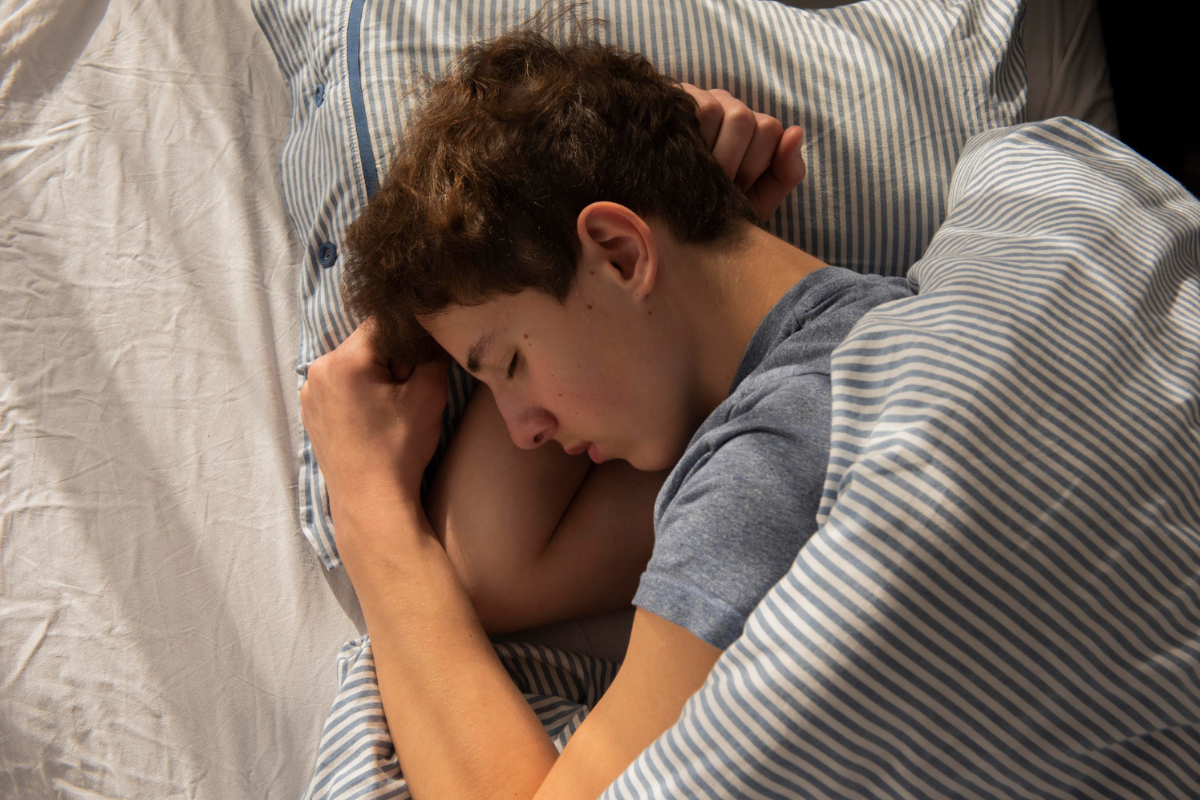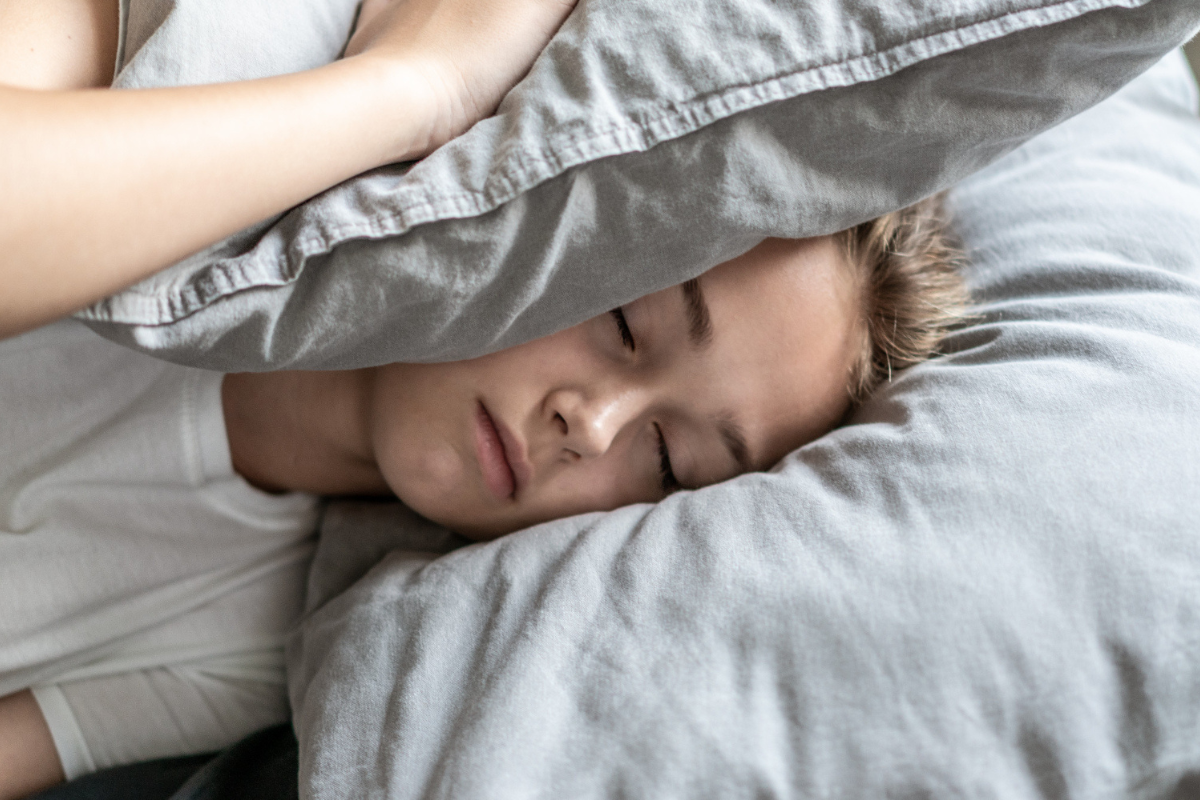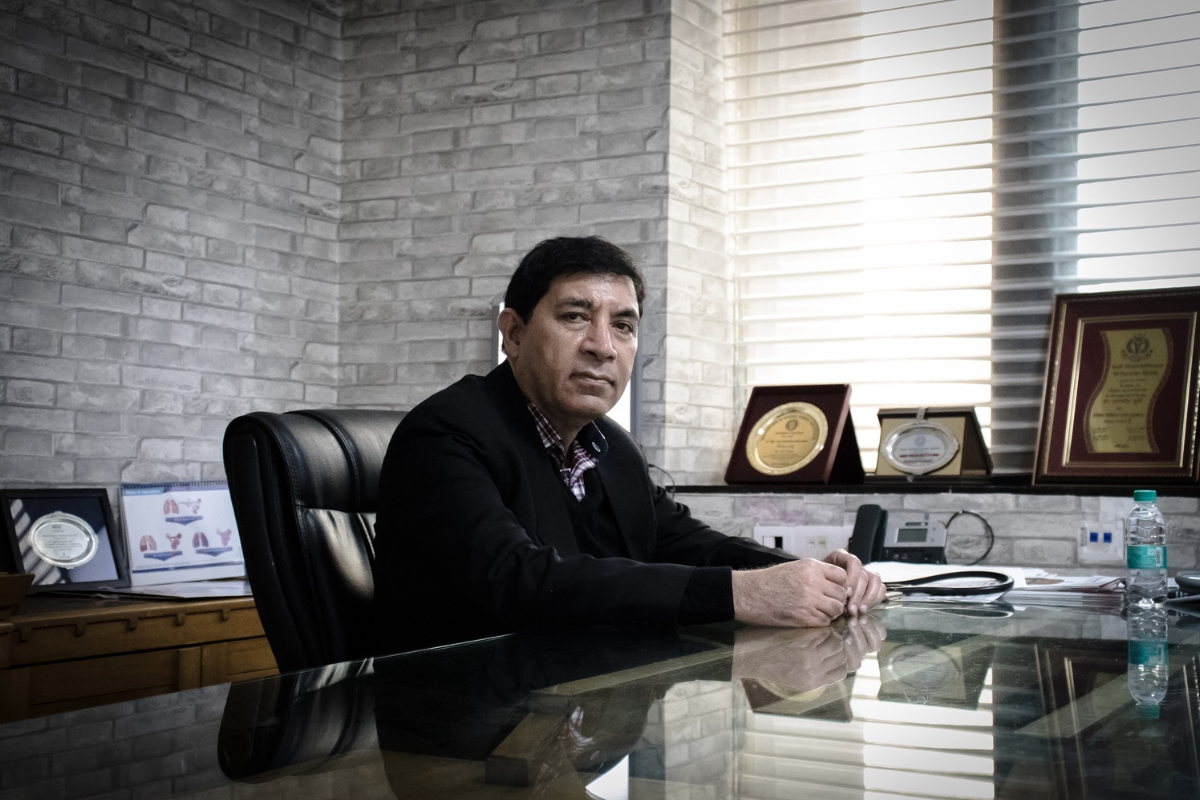Teenagers today are growing up in a world that moves faster than ever; however, their sleep health often suffers silently behind the scenes. Because academic pressure, digital distractions, hormonal changes, and lifestyle habits collide all at once, sleep disorders among teens are rising at an alarming rate. As a result, parents are increasingly seeking expert guidance to understand why their child seems tired, irritable, or unable to focus.
Therefore, choosing to consult a Sleep Specialist in Delhi for teen sleep disorders is no longer optional — it is essential. Moreover, early diagnosis not only prevents long-term complications but also ensures that teens regain control of their energy, mood, and overall well-being. At JCS Lung & Sleep Centre, the goal is clear: provide advanced, compassionate, and evidence-based sleep care that transforms a teenager's quality of life.
Why Teen Sleep Disorders Are Increasing Today
Although most people assume teens are simply “lazy” or “night owls,” the truth is more complex. Because their bodies and brains undergo rapid developmental changes between 13 and 19 years, their sleep cycles naturally shift. However, lifestyle factors make this shift even more difficult to manage.
Here are the key reasons teen sleep disorders are becoming more common:
1. Increased Screen Time
- Teenagers often use phones, laptops, and tablets late into the night.
- The blue light suppresses melatonin, which is the hormone responsible for making them sleepy.
- Moreover, online gaming and social media notifications keep their minds wired and active.
2. Academic Pressure & Long Study Hours
Exams, assignments, tuition classes, and competition for higher education contribute heavily to sleep deprivation. Because many teens study late at night, their sleep cycle becomes irregular.
3. Emotional Stress & Anxiety
Friendships, relationships, performance pressure, and social comparison all create emotional strain. Therefore, anxiety-related insomnia is increasingly common among today’s teens.
4. Lifestyle Habits
- Skipping physical activity
- Excessive caffeine consumption
- Eating late-night snacks
These habits collectively affect the ability to fall asleep naturally.
5. Underlying Health Issues
Conditions such as asthma, allergies, obesity, ADHD, and depression can disrupt sleep. Moreover, these issues often remain hidden until a specialist conducts a detailed evaluation.
Because of these rising challenges, experts strongly recommend that parents consult a Sleep Specialist in Delhi for teen sleep disorders before the condition escalates.
Warning Signs Parents Should Not Ignore
Although occasional sleepiness is normal, chronic disturbances are not. Therefore, pay close attention if your teen shows the following symptoms:
- Difficulty falling asleep or staying asleep
- Excessive daytime sleepiness
- Irritability, mood swings, or unexplained anger
- Poor concentration or forgetfulness
- Decline in school performance
- Loud snoring or gasping during sleep
- Sleepwalking, nightmares, or restless sleep
- Morning headaches
- Falling asleep in class or during activities
If these symptoms continue for two weeks or more, it is important to act quickly. As a result, scheduling an appointment to consult a Sleep Specialist in Delhi for teen sleep disorders becomes the most reliable step toward clarity.

Common Sleep Disorders Among Teenagers
Teens may experience several types of sleep disorders, and although they may appear similar, each requires specific treatment. Therefore, understanding the differences is crucial.
1. Insomnia
This refers to difficulty falling asleep, staying asleep, or waking too early.
Causes include stress, hormonal changes, poor sleep hygiene, or anxiety.
2. Delayed Sleep Phase Syndrome (DSPS)
- A teen naturally feels sleepy much later than usual (e.g., 1–3 AM)
- Wakes up late, leading to difficulty attending school
- A biological shift that requires specialist attention
3. Obstructive Sleep Apnoea (OSA)
- Repeated breathing interruptions during sleep
- Snoring, gasping, and poor oxygen levels
- Often linked to enlarged tonsils or obesity
4. Restless Legs Syndrome (RLS)
- Uncomfortable sensations in the legs
- Urge to move legs at night
- Disturbs deep sleep cycles
5. Narcolepsy
A chronic neurological condition causing:
- Sudden sleep attacks
- Overwhelming daytime sleepiness
- Cataplexy (loss of muscle control) in some cases
6. Parasomnias
These include:
- Night terrors
- Sleepwalking
- Sleep talking
Although common in childhood, they may persist into adolescence.
Because each disorder affects teens differently, a comprehensive evaluation becomes critical. Therefore, choosing to consult a Sleep Specialist in Delhi for teen sleep disorders ensures accurate diagnosis and tailored treatment.
Why Early Diagnosis Matters
Early diagnosis plays a significant role in preventing future health concerns; moreover, timely treatment reduces academic difficulties and emotional distress.
Health Benefits of Early Diagnosis
- Restores healthy brain development
- Improves mood regulation
- Enhances memory, learning, and focus
- Reduces risk of depression or anxiety
- Supports healthy growth and hormones
Lifestyle & Academic Benefits
- Better school attendance
- Increased productivity
- Improved athletic performance
- More balanced emotional responses
Teenagers who receive timely sleep treatment are more confident, energetic, and mentally stable. As a result, families experience a more positive household environment.
How JCS Lung & Sleep Centre Helps Teens Sleep Better
JCS Lung & Sleep Centre is one of Delhi’s trusted destinations for advanced sleep diagnostics and personalised treatments. Although teen sleep issues can feel overwhelming, the centre’s evidence-based approach ensures that parents receive accurate solutions and actionable guidance.
1. Detailed Consultation & Sleep History Evaluation
The specialist analyses:
- Bedtime routine
- Sleep duration
- Existing medical conditions
- Stress levels
- Screen habits
Because every teenager is unique, this step sets the foundation for an effective treatment plan.
2. Advanced Sleep Studies (Polysomnography)
For precise diagnosis, overnight sleep tests may be recommended. These tests record:
- Brain waves
- Heart rate
- Breathing patterns
- Oxygen levels
- Limb movements
Therefore, sleep studies help uncover hidden disorders like sleep apnoea or parasomnias.
3. Lifestyle & Sleep Hygiene Guidance
Teens and parents receive personalised guidelines, including:
- Establishing a consistent sleep schedule
- Limiting screen time
- Creating a quiet sleep environment
- Encouraging physical exercise
- Reducing caffeine
4. Medication Only When Necessary
The centre prioritises behavioural therapy and lifestyle modifications. However, when required, doctors prescribe safe, evidence-based medication.
5. Treatment for Underlying Lung or ENT Issues
Many sleep disorders arise from respiratory concerns. Therefore, the specialist may collaborate with ENT or lung experts to offer complete care.
6. Continuous Monitoring & Follow-Ups
Sleep improvement is a journey; therefore, regular follow-ups help track progress and ensure long-lasting results.
What Happens When Teen Sleep Disorders Are Ignored?
Although sleep deprivation may seem harmless, long-term consequences can be serious.
As a result, teens may experience:
- Chronic fatigue
- Weight gain or obesity
- Hormonal imbalance
- Poor academic performance
- Irritability or aggressive behaviour
- Low immunity
- Increased risk of accidents
- Heart-related issues (in severe OSA cases)
Because these complications can significantly impact adulthood, parents must take early action.

Lifestyle Tips to Improve Teen Sleep
While professional guidance is essential, these simple habits can support recovery:
1. Create a Sleep-Friendly Environment
- Low lighting
- Comfortable bedding
- Cool room temperature
- Minimal noise
2. Set a Regular Sleep Schedule
Encourage your teen to sleep and wake at the same time daily.
3. Limit Screen Time Before Bed
Because blue light disrupts melatonin production, restrict screens at least 1 hour before bedtime.
4. Encourage Physical Activity
Regular exercise helps regulate sleep-wake cycles.
5. Avoid Caffeine After Evening
Soft drinks, coffee, and chocolate should be limited later in the day.
6. Promote Relaxation Routine
Options include:
- Reading
- Journaling
- Light stretching
- Breathing techniques
Although these tips help, they cannot replace expert evaluation for persistent symptoms. Therefore, parents should consult a Sleep Specialist in Delhi for teen sleep disorders whenever sleep problems disrupt daily functioning.
Why Choose JCS Lung & Sleep Centre for Teen Sleep Treatment?
Here’s what makes the centre exceptional:
- Expert Sleep Specialists with years of experience
- Comprehensive Sleep Diagnostics
- High-end Polysomnography Labs
- Evidence-based Treatment Plans
- Personalised Care for Teens
- Friendly and Supportive Environment
- Holistic Approach (Mind + Lifestyle + Medical)
Because the centre combines modern science with compassionate care, families trust it as their long-term partner in restoring healthy sleep patterns.

